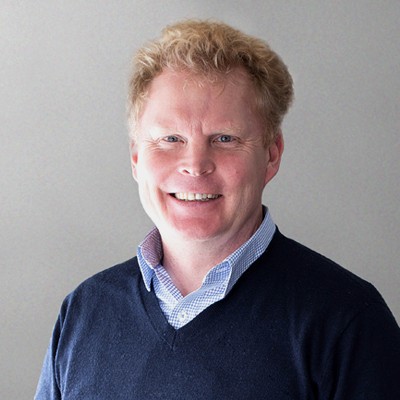by Carly Foubert, CFICE Communications RA

Dr. Stephen Hill, Academic Co-lead of the Student Pathways for Community Impact working group.
On September 7, 2016, Trent University announced Dr. Stephen Hill as one of Trent’s two Inaugural Teaching Fellows for 2016. The Trent Teaching Fellowship program provides selected fellows with a financial award that is funded as part of Trent’s $50 Million Campaign: Unleash the Potential. This year, the two new Teaching Fellows will each receive a $6,000 grant to support their project over the course of the next three years.
Dr. Hill’s project will map and further develop community-engaged learning at Trent through a series of steps involving workshops with faculty, staff, and community partners. The aim of the workshops will be to identify where knowledge gaps exists in terms of skill base, to create a framework of learning expectations, and finally to design a new curriculum to fill the gaps identified.
“By developing a curriculum framework for our community-based education program, Trent will be better positioned to form meaningful relationships with community partners,” says Hill.
This initiative is a part of Phase II of CFICE. Part of Phase I consisted of embedding student Research Assistants (RAs) in community organizations to engage students in the work of community partners. The Student Pathways for Community Impact Working Group will further this idea by way of Stephen Hill’s Teaching Fellows project by creating and piloting a community-campus engagement curriculum that will include gradual community service learning experiences for students starting in first and second year.
In his Teaching Fellows Proposal, Hill writes that the need for this project derives from his observations and experience working with both the community-based research program at Trent and with CFICE. Upper year students that begin community-based research often do not have previous academic-based experience working with community groups. “The community-based education is, like many universities, disjointed,” writes Hill. Hill is excited to pursue this project to help fill the gaps in community-engaged curriculum.